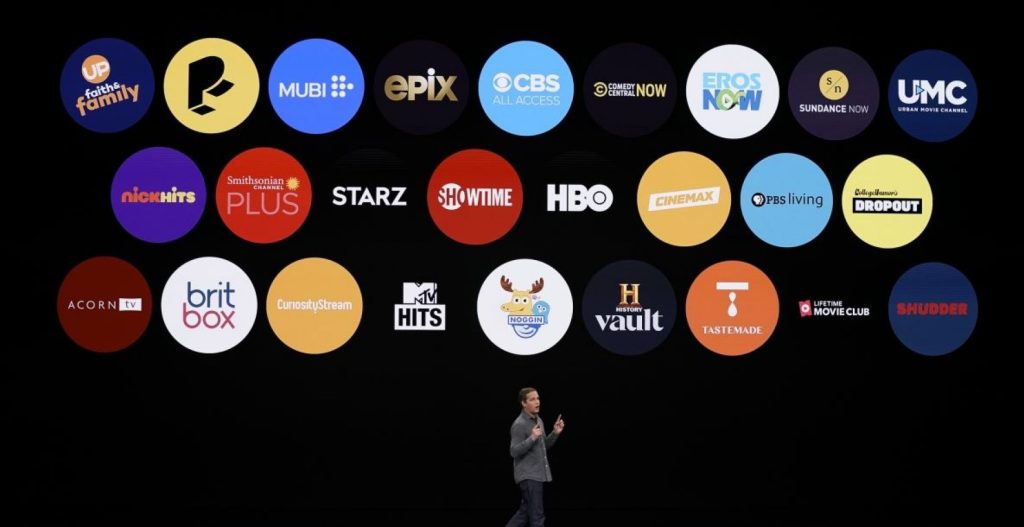In the rapidly evolving digital age, the emergence of streaming services has profoundly impacted the traditional landscape of television networks. The advent of platforms like Netflix, Hulu, and Amazon Prime has revolutionized how we consume entertainment. With the convenience of on-demand content and a wide range of choices, the power dynamics in the entertainment industry have shifted. This article delves into how streaming services have influenced traditional TV networks, shaping audience behavior, content creation, and the overall entertainment ecosystem.
Impact of Streaming Services on Traditional TV Networks
The impact of streaming services on traditional TV networks has been monumental. As streaming platforms gained popularity, traditional TV networks faced challenges in retaining their viewership with the freedom to choose what, when, and where to watch, viewers gravitated toward the flexibility offered by streaming services.
Changing Viewer Preferences
Streaming services have altered viewer preferences in significant ways. Traditional TV networks relied on scheduled programming, limiting viewers to predetermined time slots. In contrast, streaming platforms offer content on-demand, allowing viewers to watch their favorite shows and movies conveniently. This shift in viewing habits has pushed TV networks to adapt to new models to remain relevant.
Content Consumption Patterns
The rise of streaming services has brought about changes in content consumption patterns. Binge-watching has become a cultural phenomenon where viewers watch multiple episodes or an entire season in one sitting. This trend has led to the release of entire seasons simultaneously, fostering viewers’ anticipation and excitement.
Competition and Innovation
The competitive landscape of the entertainment industry has intensified with the entry of streaming services. Traditional TV networks are now compelled to produce high-quality content to compete for viewers’ attention. This has spurred innovation, resulting in captivating storytelling and improved production values.
Advertising Evolution
Streaming services have also impacted advertising strategies. Traditional TV networks heavily relied on commercials for revenue. However, streaming platforms often offer ad-free or limited-ad viewing experiences for subscribers. This has prompted TV networks to explore alternative advertising methods that align with viewer preferences.
Content Customization
Streaming services excel in offering personalized content recommendations based on viewers’ preferences and watch history. This level of content customization was previously unavailable through traditional TV networks. By analyzing user data, streaming platforms curate content that resonates with individual viewers, enhancing their overall experience.

Challenges for Traditional TV Networks
While streaming services have brought about positive changes, traditional TV networks have encountered challenges. With viewers migrating to streaming platforms, TV networks have had to reassess their programming strategies and find ways to retain their audience.
Redefining Content Production
Streaming services have changed the way content is produced. The demand for original and exclusive content has soared, leading to collaborations between renowned actors, directors, and production houses. This has resulted in groundbreaking shows and movies that captivate audiences worldwide.
Global Reach
Streaming services have a global reach, allowing content to be accessible across borders. This global accessibility has enabled TV networks to expand their viewership beyond their domestic markets. As a result, international audiences can enjoy diverse content from various cultures.
Curation of Niche Content
Streaming platforms cater to niche audiences by offering specialized content that might have yet to find a place on traditional TV networks. This has empowered creators to explore unique storytelling and provide content that resonates with viewers’ interests.
The Future of Entertainment
The impact of streaming services on traditional TV networks has led to a transformative shift in the entertainment industry. As technology advances and streaming platforms continue to evolve, the future of entertainment will likely be characterized by innovative storytelling, interactive experiences, and further integration of online and traditional media.

